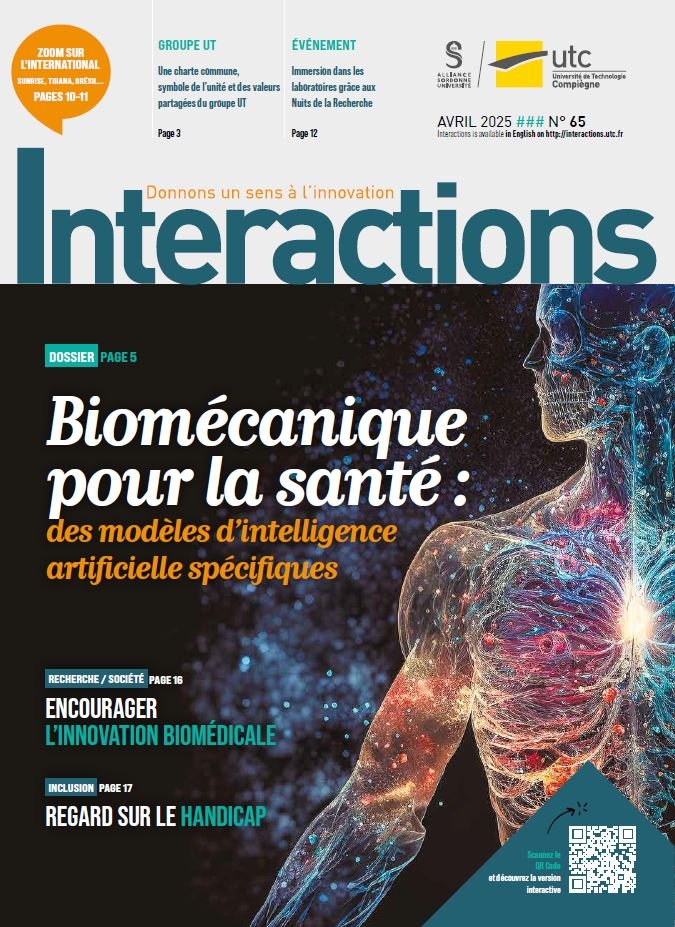From sustainable development to sustainability How UTC associations are changing

There has been a mini-revolution in the UTC’s association landscape in recent months. The term “sustainable development” is no longer popular. “Behind this expression, there is the idea that you have to go through a process of development, of consumption to be sustainable, it does not represent the philosophy that we adopt at the UTC”, explains Julie Kociánová, a 3rd year student and sustainability officer in the student union office. So a new term was adopted: sustainability. “Behind this word, there is the idea of sustainability, no longer part of the logic of development, but which must permeate all projects”. Interactions has interviewed the person who seeks to make associations more eco-responsible.
What is your role as UTC Student Office Sustainability Officer?
When I explain what I do to my friends, I compare often that with the role of business consultant. The hundred or so associations of the UTC can ask me at any time to accompany them in their approach towards sustainability. There is a very administrative side to it, with the explanation of standards, the design of dossiers, etc. But my mission also involves a lot of pedagogy and communication. I act as an outside observer who looks at the various projects carried out by the students. I also have a warning role, when I realise that an associative project is not going in the right direction. Often, all it takes is a meeting to put things back on course”.
On what sort of projects have you been working?
I took on this responsibility only a few weeks before UTC was closed in lock-down. As a result, many of the projects I had initiated had to be stopped rather abruptly. But the Officer before me had already progressed on quite a few projects. For example, every year the students organise a cabaret; a big evening where a meal is served and where artistic associations offer performances on stage. During the last cabaret event, the student union (BDE) worked a lot with the organising association to limit as much as possible the plastic waste generated by this event. This is really the spirit of this mission, to provide maximum support. And with the closure of the school, a lot of communications and projects have been dematerialised and computerised, so I try to make the people I meet aware, as much as possible, of good practices for sustainable digital use.
What is the programme for UTC’s Sustainability Week ?
This is a week of raising awareness for students on all the themes that are important to us. A team of students is dedicated to this project within the BDE and my role was really to accompany them to make this event as successful as possible. Due to the confinement, this year’s edition was totally dematerialised, but it was a great success. We organised online conferences around sustainable themes. Visuals have been published with advice on how to adopt more environmentally responsible practices.
Do you have more incentives to put sustainability into associative projects?
Within the BDE, we have set up a special sustainability grant. In concrete terms, all associations apply for subsidies every year. Well, if they decide — within the framework of their already existing activities, to set up actions specifically oriented towards sustainability — we can support them with some financial aid. It is a real way of giving an impetus.




